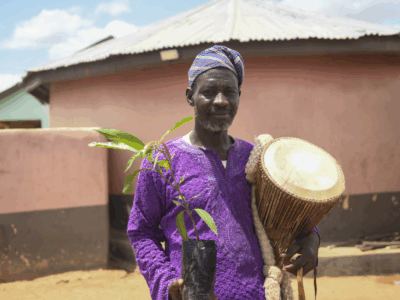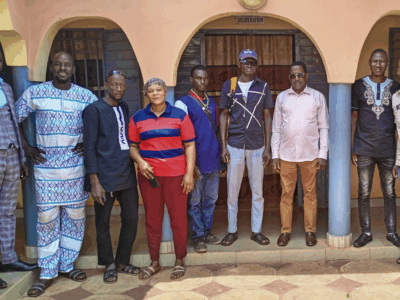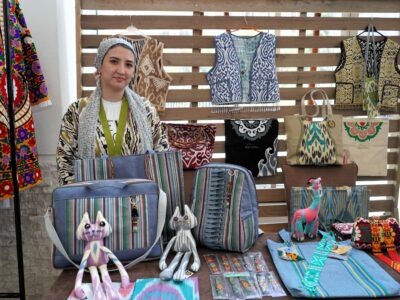The Coffee Quality Institute’s Partnership for Gender Equity (PGE), of which ACDI/VOCA is a founding partner, released “The Way Forward: Accelerating Gender Equity in Coffee Value Chains” this week. The report is a practical guide to building a prosperous coffee industry and coffee communities for generations to come. The report also considers the private sector’s role in women’s empowerment and gender equality. It aims to share learning on challenges and best practices.
The report comes at a time when more and more people worldwide are concerned about where their coffee comes from and what the living conditions are like for the people who produce and process it. In fact, more than 100 million people are engaged in producing and processing coffee worldwide.
Effects of Gender Inequality in Coffee Sector Far-Reaching and Multi-Faceted
Currently, however, gender inequality persists in every country around the world. In coffee-growing nations that cluster along the equator, gaps in gender inequality are the widest. When women are economically and socially marginalized, the health, nutrition, and education of their families are deeply affected. Obviously, boosting women’s power and decision-making roles in the household and in coffee production is key to improving their family’s futures. The report contends that women spend 90 percent of each dollar earned toward meeting their family’s needs, while men only spend 40 percent of each earned dollar.
On smallholder farms, which produce about 80 percent of the world’s coffee, women do a significant chunk of the work producing coffee but typically do not have ready access to the monetary proceeds of their labor. Though they constitute half of the workforce, they often do not own the land on which the coffee is grown and are often excluded from training and family decision making regarding crop and farm management and how to spend the money earned through the farm.
Report’s Eight Recommendations Seek to Boost Women’s Empowerment and Equality
The report, which is the result of PGE’s first of three stages, seeks to build a foundation of understanding of gender inequality in the coffee sector and develop recommendations for action. Its findings came out of desk research and four participatory gender workshops in coffee-producing countries: Colombia, Indonesia, Nicaragua, and Uganda. The report offers eight recommendations to boost women’s empowerment and equality in the coffee sector. They are:
- Increase women’s participation in training programs and revise training programs to be gender sensitive
- Invest in programs to reduce time pressures for women
- Improve women’s access to credit and assets
- Achieve greater gender balance in leadership positions
- Support joint decision-making and ownership of income and resources at the household level
- Specifically source and market coffee from women producers and coffee produced under conditions of gender equity
- Develop a list of gender equity principles for coffee
- Continue to build understanding through research and measurement
Though the report presents these recommendations as specific to improving women’s equality in the coffee sector, they are applicable to women’s involvement in the agricultural sector writ large. After all, as Pulitzer Prize winners Nicholas Kristof and his wife Sheryl WuDunn titled their 2009 book on women’s oppression, women hold up “half the sky.”
Read the full CQI PGE report here.
Read more about our work in Gender Integration and Women’s Empowerment.
Read more about our work in Colombia.









